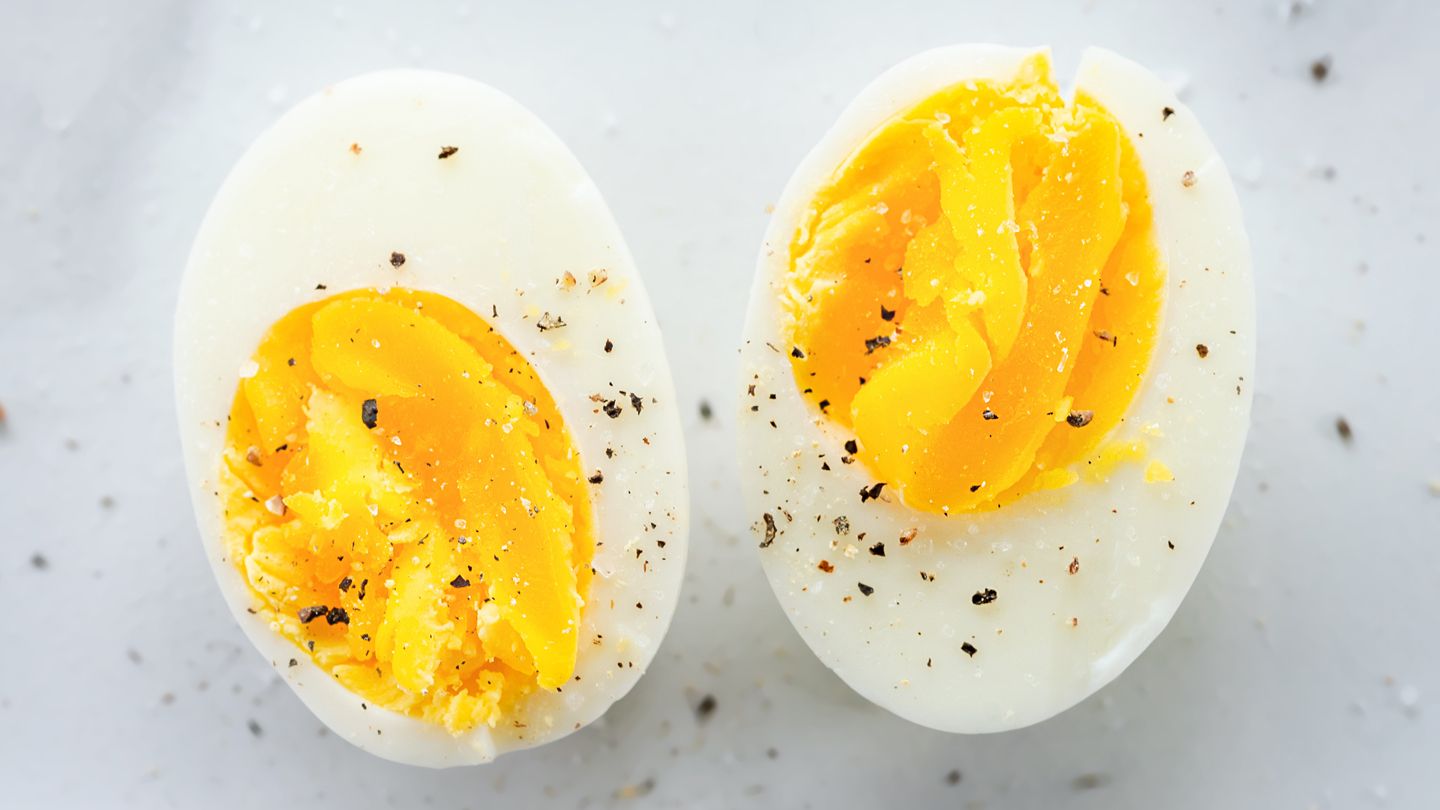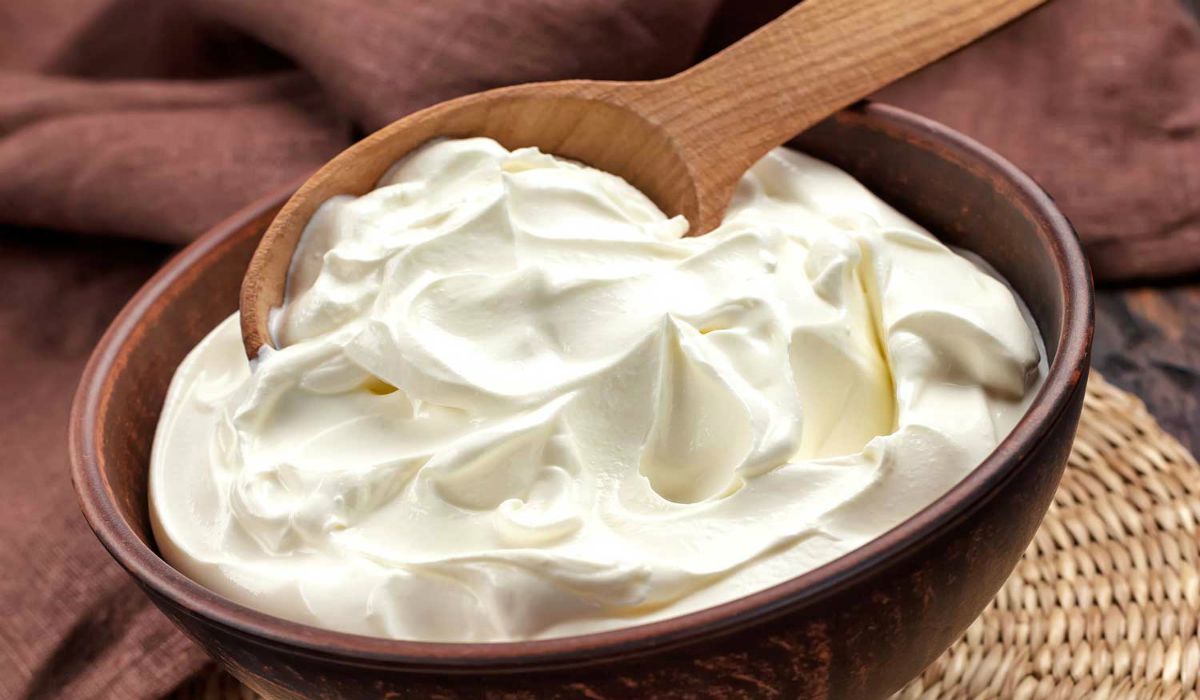10 Healthy Foods will last the longest in Your Fridge

10 Healthy Foods will last the longest in Your Fridge : We have all questioned food safety while looking through the refrigerator, wondering what to toss & what to keep in the seemingly vast wasteland of food.
However, you can put safety first, help cut down on food waste and eat healthier, perishable foods. Let’s take a look at some of our top healthy food picks and how long they generally last in the fridge.
| Food | Where to Store | How Long They Keep Fresh |
| Blueberries | Crisper drawer in original packaging | 5 to 7 days |
| Cabbage and cauliflower | Crisper drawer | 7 days |
| Leafy greens | Crisper drawer | 5 days |
| Eggs | Original carton in the main body of the fridge | Raw in-shell, 2 to 4 weeks; hard-boiled, 7 days |
| Yogurt | Original container | 1 month |
| Cheese | Dairy drawer | Soft cheeses, 1 to 2 weeks; hard cheeses, 1 month |
| Root vegetables | Refrigerator door | 2 weeks |
| Cucumbers | Crisper drawer | 7 days |
| Nuts | Fridge | 6 months |
| Lettuce greens | Crisper drawer | 7 days |
1. Blueberries
Berries, including blueberries and strawberries, are full of vitamins, minerals, antioxidants and dietary fiber. Many studies have linked berries to a range of health benefits such as better heart health
While blueberries can last a week in your fridge, strawberries and raspberries keep fresh in the fridge for just 3 to 5 days.
If you hauled home more berries than you can eat, simply rinse and store them in resealable plastic bags in the freezer (but if you’re storing them in the fridge, rinse them only before you eat them to prevent mold). You can also lay berries out on a baking sheet to freeze prior to storing them in freezer bags, which will keep them from sticking together.

2. Cabbage & Cauliflower
Cabbage and cauliflower, broccoli and Brussels sprouts keep well and can be prepared in a variety of ways. Cruciferous veggies are packed with beneficial nutrients, including dietary fiber and vitamins C & K.
3. Leafy Greens
Leafy greens are nutrition powerhouses, containing large amounts of vitamins A, K, B6, C, as well as calcium, potassium, copper, manganese and fiber.

4. Eggs
Eggs are one of the most affordable lean protein sources at 70 calories and just about 15 cents per egg. They are a nutrient-rich choice, with one large egg providing vitamin B12, riboflavin, biotin, iodine, selenium, choline, pantothenic acid and 6 grams of high-quality protein.

5. Yogurt
Yogurt is a tasty and nutritious food that is full of beneficial bacteria that have numerous health benefits.
Research has shown that yogurt is associated with a decreased risk of type 2 diabetes, metabolic syndrome and heart disease, along with improved weight management.

6. Cheese
Dairy products are a nutrient-dense food: They provide necessary vitamins and minerals, including calcium, magnesium, potassium, and phosphorous, and can be a budget-friendly addition to your daily diet.
7. 
Root vegetables, including beets, carrots, parsnips, radishes and turnips, are hardy vegetables that grow in the ground, stay fresh for a long time and have a range of culinary uses.

8. Cucumber
Fresh cucumbers are composed primarily of water, but pack a lot of nutritional value along with it. They are very low in calories but are rich in dietary fiber, vitamins A and C, and folic acid.
If you do not use an entire cucumber at once, wrap the remainder tightly in plastic or place it in a resealable bag or container to retain its freshness.
10 Healthy Foods will last the longest in Your Fridge

9. Nuts
Nuts generally have a high fat content, so it is important to store them properly in order to protect them from becoming rancid.
In the refrigerator, nuts will stay fresh for six months, while in the freezer; they can be kept for up to one year. Nuts are protein-packed nutrition powerhouses.

10. Lettuce
Lettuce greens, such as romaine, butter, loose-leaf and iceberg, are generally associated with salads. These low-calorie greens have high water content and are good sources of nutrients like vitamin K.
Do Follow us on :- Facebook, Instagram, Twitter, YouTube.
Good quality lettuce is crisp, fresh and free of any appearance of decay. Lettuce should be washed and dried before storing it in the refrigerator to remove excess moisture. A salad spinner followed by patting with a towel is a great way to ensure the lettuce is properly dried.













